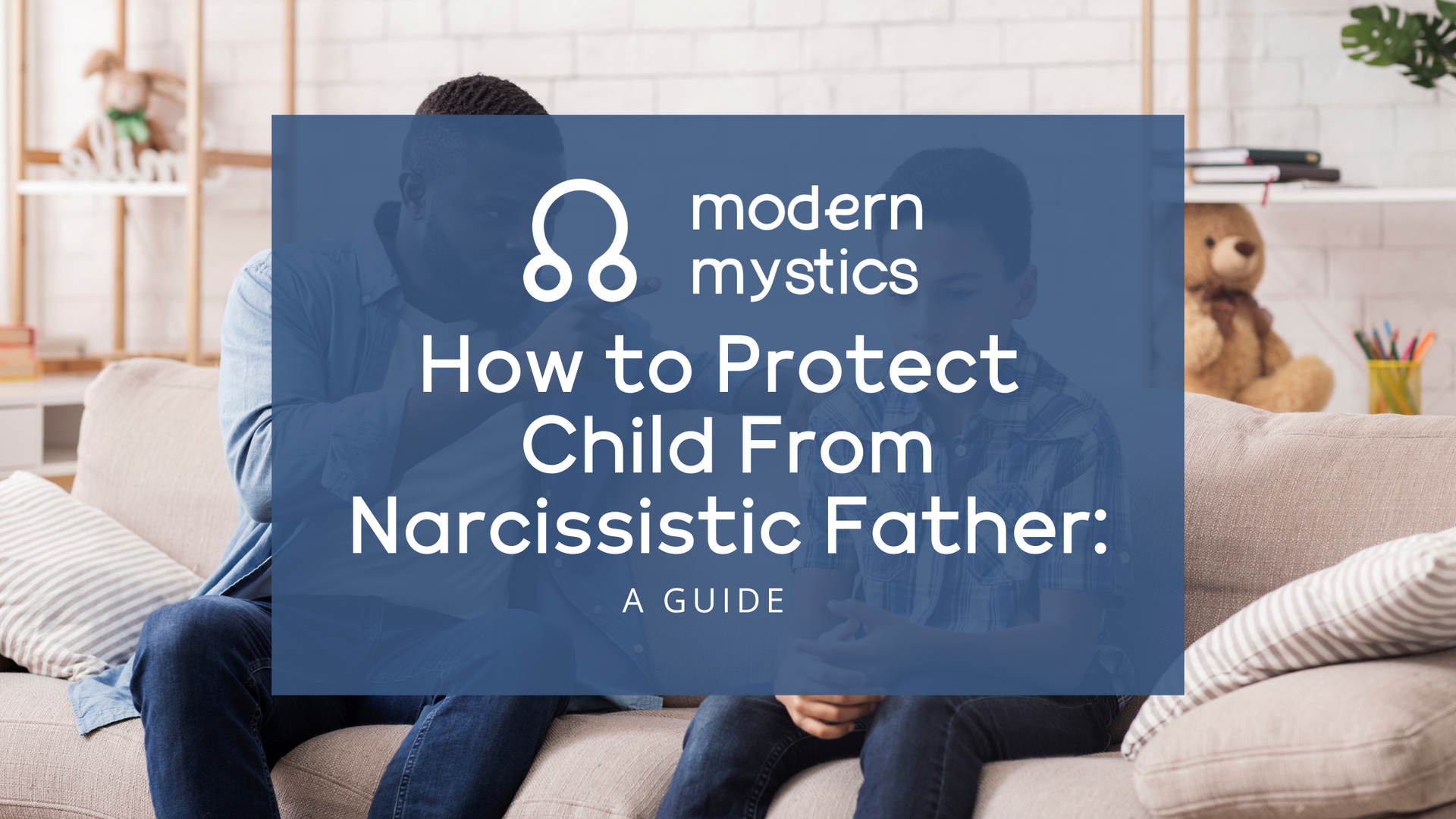Is Teeth Chattering a Sign of Anxiety? What to Know
Have you ever noticed your teeth chattering, even when you’re not cold? While teeth chattering is commonly associated with shivering in cold weather, it can be a sign of anxiety. For some people, this is a common occurrence during times of stress. If this sounds familiar, you might be wondering, "Is teeth chattering a sign of anxiety?" Let’s explore the relationship between chattering teeth and anxiety to get a better understanding of what may be going on.
Table of Contents:
- The Link Between Anxiety and Teeth Chattering
- Is Teeth Chattering the Only Symptom?
- Understanding Bruxism and its Connection to Anxiety
- Can Teeth Chattering Be Harmful?
- Addressing the Root Cause
- Lifestyle Changes for Reducing Teeth Chattering
- Medical Treatments for Teeth Chattering
- When to Seek Professional Help
- Conclusion
The Link Between Anxiety and Teeth Chattering
It may seem odd that a mental state like anxiety can manifest in a physical reaction like chattering teeth. But the truth is, our minds and bodies are intricately connected. Anxiety can trigger a range of physical symptoms, from muscle tension and headaches to digestive issues and changes in heart rate.
So how does this relate to teeth chattering? When we experience anxiety, our bodies go into "fight-or-flight" mode. This is a natural physiological response to stress designed to protect us from danger. It does this by releasing hormones like adrenaline, which causes several changes in our bodies, such as an increased heart rate, rapid breathing, and muscle tension.
While this response can be helpful in truly dangerous situations, for people with anxiety, this response can be triggered by non-life-threatening situations as well. When we are constantly in fight-or-flight mode, our bodies are flooded with these stress hormones, leading to chronic muscle tension, which can manifest as jaw clenching or even teeth chattering. This reaction often happens subconsciously, so you might not even be aware you are doing it until someone points it out, or until your jaw starts to feel sore.
Is Teeth Chattering the Only Symptom?
While teeth chattering can be an indication of anxiety, it is crucial to consider other potential causes and look at the bigger picture of what is going on. Teeth chattering is also associated with several medical conditions like hypothyroidism, Parkinson’s disease, and reactions to certain medications. If you're concerned about persistent or worsening teeth chattering, it's always best to consult with a healthcare professional to get an accurate diagnosis.
A 2010 study on bruxism in 470 people found that anxiety and depression were consistently linked to teeth grinding. If your teeth chattering is related to anxiety, you are not alone. The Anxiety and Depression Association of America reports that anxiety disorders affect over 40 million adults in the United States. It’s important to rule out any underlying medical causes with a healthcare professional, as some medications, like SSRIs for depression, can have side effects such as teeth grinding or chattering. It is also very common for people to experience other symptoms of anxiety, such as trouble sleeping, difficulty concentrating, irritability, and fatigue.
Understanding Bruxism and its Connection to Anxiety
Teeth grinding, known as bruxism, can cause your teeth to chatter. This kind of involuntary teeth chattering is often triggered by stress, anxiety, and even panic attacks. This link between anxiety and bruxism is becoming increasingly prevalent. One potential reason for this trend is that the complexities of modern life can lead to heightened stress levels and feelings of being overwhelmed.
According to studies in 2022, Americans are increasingly besieged by stress. Work pressure, financial concerns, and the constant influx of information can contribute to this issue. These stressors trigger the release of stress hormones, putting us on high alert, which can lead to muscle tension throughout our bodies, including in the jaw. This muscle tension can lead to involuntary muscle contractions. When these muscles contract in the jaw, it can result in teeth chattering.
While the exact mechanisms are still being investigated, research suggests a strong correlation between stress, anxiety, and bruxism-related teeth chattering. A 2014 review of studies from 1955 to 2014 on bruxism found that there is an increasing number of bruxism cases due to emotional stress, and work stress. These findings suggest that when we address stress and anxiety, we may also see a reduction in teeth grinding and chattering.
Can Teeth Chattering Be Harmful?
Occasional, stress-related teeth chattering may not cause any lasting harm. However, chronic or severe teeth grinding can lead to complications over time. It’s important to understand how teeth chattering is a sign of anxiety, as persistent bruxism can lead to issues such as:
- Worn down or chipped teeth: Over time, teeth grinding wears down the enamel, increasing sensitivity and making teeth more susceptible to chips and cracks.
- Jaw pain and TMJ Disorders: The constant clenching and grinding put significant strain on your jaw muscles and the temporomandibular joint (TMJ). This strain can cause pain, clicking, and even lead to disorders such as TMJ dysfunction.
- Headaches: The muscle tension from clenching can radiate to your head, causing tension headaches. These headaches typically feel like a tight band around your head.
If you experience persistent teeth chattering, it is advisable to consult with a dental professional. They can assess if there has been any dental damage, such as teeth whitening needing to be redone due to enamel erosion.

Addressing the Root Cause
When exploring if teeth chattering is a sign of anxiety, the focus often shifts toward stress management techniques. Here are some strategies that can be helpful in reducing anxiety-related teeth chattering and stress:
- Regular Exercise: Physical activity is a natural stress reliever, as it releases endorphins, improves mood, and helps to alleviate muscle tension. Aim for at least 30 minutes of moderate-intensity exercise most days of the week.
- Mindfulness Meditation: Practicing mindfulness helps us to become more aware of our thoughts and feelings without judgment. By paying attention to the present moment, we can learn to manage anxiety and reduce the likelihood of our bodies reacting with teeth chattering or clenching.
- Deep Breathing Exercises: Deep, slow breaths activate the parasympathetic nervous system. This system counteracts the "fight-or-flight" response and induces relaxation. Practice deep breathing by inhaling slowly through your nose, holding for a few seconds, and exhaling slowly through your mouth.
- Seeking Professional Help: Don’t hesitate to reach out to a qualified mental health professional if you are struggling to manage anxiety or if you think your teeth chattering is related to something else, such as drug or alcohol withdrawal. The Substance Abuse and Mental Health Services Administration (SAMHSA) national helpline can be reached by calling 800-662-HELP (4357).
Additionally, consider exploring natural supplements like melatonin, magnesium, and Vitamin B as they have research backing their effectiveness in promoting relaxation and improving sleep quality. Getting enough sleep can play a significant role in reducing teeth chattering caused by anxiety. When you are sleep-deprived, your body produces more of the stress hormone cortisol. This increase in cortisol can, in turn, make you more susceptible to anxiety, which can then trigger teeth chattering.
If you're experiencing teeth chattering, it's essential to determine whether anxiety is the root cause. Pay attention to when and how often you experience teeth chattering. If it occurs primarily during times of stress or if it's accompanied by other anxiety symptoms such as a rapid heart rate, restlessness, or difficulty concentrating, there's a good chance your teeth chattering is anxiety-related. Managing your stress levels through relaxation techniques such as deep breathing exercises can also be effective in reducing teeth chattering. When you experience stress, your body tenses up, and this includes the muscles in your jaw. By practicing deep breathing, you can help your body relax, which may, in turn, lessen the occurrence of teeth chattering.
Lifestyle Changes for Reducing Teeth Chattering
If you suspect your teeth chattering stems from anxiety, implementing some lifestyle changes may bring relief:
- Identify Your Triggers: Pay close attention to when your teeth start chattering. Is it during specific situations, like public speaking or before a big deadline? Identifying your anxiety triggers can help you develop coping mechanisms or avoidance strategies.
- Limit Caffeine and Alcohol: Both caffeine and alcohol can aggravate anxiety and potentially worsen teeth chattering. Try cutting back on coffee, tea, sugary drinks, and alcoholic beverages to see if it makes a difference.
- Improve Sleep Hygiene: A good night's sleep is essential for overall health and well-being, and it can significantly impact anxiety levels. Establish a relaxing bedtime routine, create a conducive sleep environment, and aim for 7-8 hours of quality sleep each night.
Medical Treatments for Teeth Chattering
If lifestyle changes and stress management techniques don't fully address your teeth chattering, several medical treatments might be beneficial. Discuss these options with your doctor or dentist to determine the most appropriate course of action:
- Medications: In some cases, your doctor may prescribe medications to manage underlying anxiety or other conditions that might be contributing to teeth chattering. These medications could include antidepressants, anti-anxiety medications, or muscle relaxants.
- Botox Injections: Botox injections, typically used for cosmetic purposes, have shown promise in treating bruxism and reducing teeth chattering. Botox works by temporarily paralyzing the jaw muscles, preventing them from clenching and grinding.
- Mouth Guards: Custom-fitted mouth guards, often used by athletes, can also provide protection against teeth grinding and reduce chattering. Wearing a mouth guard at night can create a barrier between your upper and lower teeth, absorbing the force of clenching and grinding. They can help with jaw pain as well.
When to Seek Professional Help
While occasional teeth chattering might not warrant immediate medical attention, it's crucial to seek professional help if:
- Your teeth chattering is frequent or severe.
- It's accompanied by jaw pain, headaches, or earaches.
- You notice wear and tear on your teeth.
- Your teeth chattering disrupts your sleep or daily life.
Ignoring persistent teeth chattering can lead to further complications. Seeking timely professional evaluation and treatment is vital for protecting your oral health and overall well-being. Addressing any underlying medical or psychological factors contributing to your teeth chattering can help you find lasting relief.
Conclusion
So, is teeth chattering a sign of anxiety? While it is true that teeth chattering can sometimes be linked to anxiety, especially when combined with other common signs, it is essential to remember that this is not always the case. By paying attention to our bodies and addressing potential underlying issues with the guidance of healthcare professionals, we can take proactive steps toward reclaiming our well-being and alleviating the unsettling symptom of teeth chattering.



